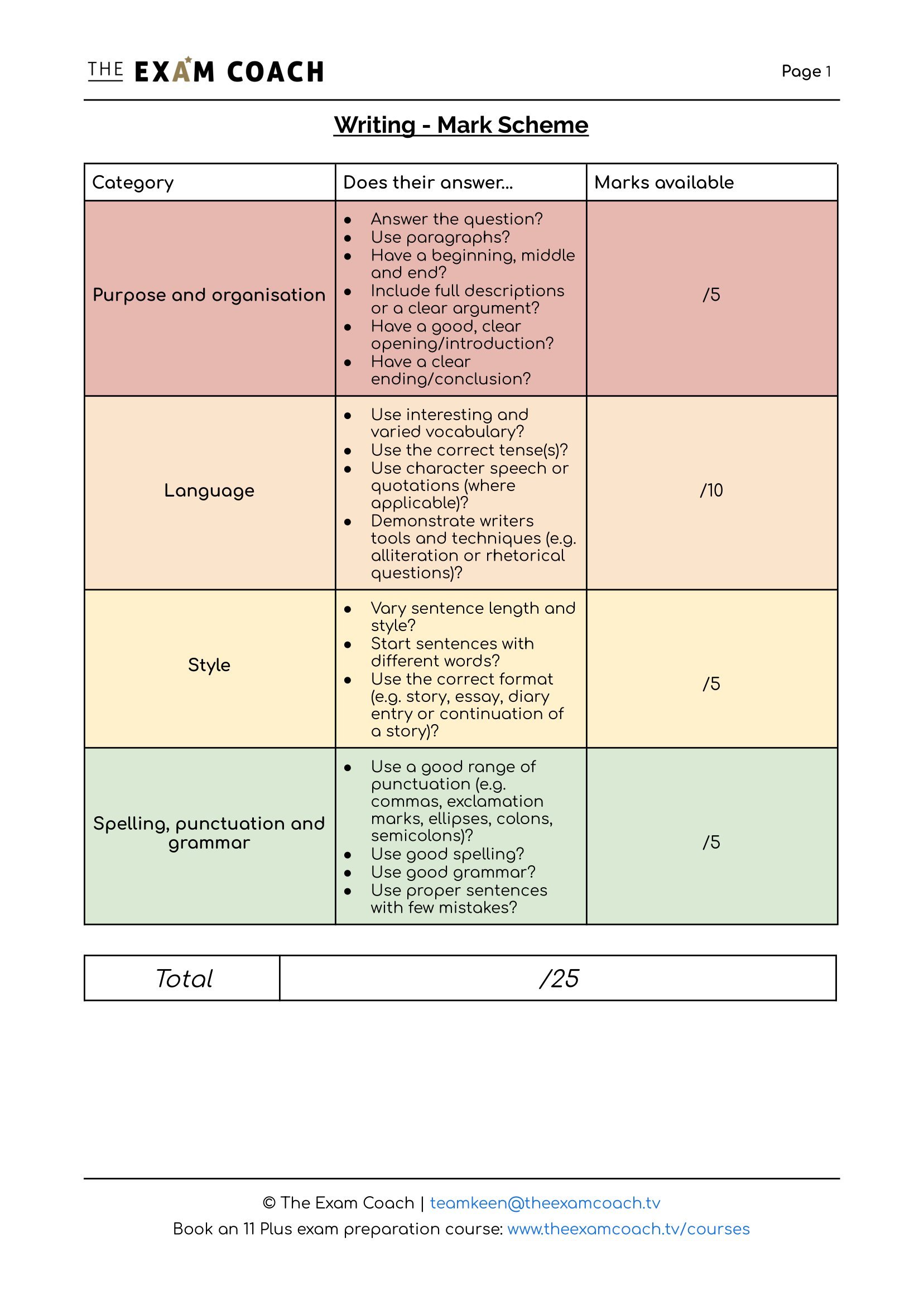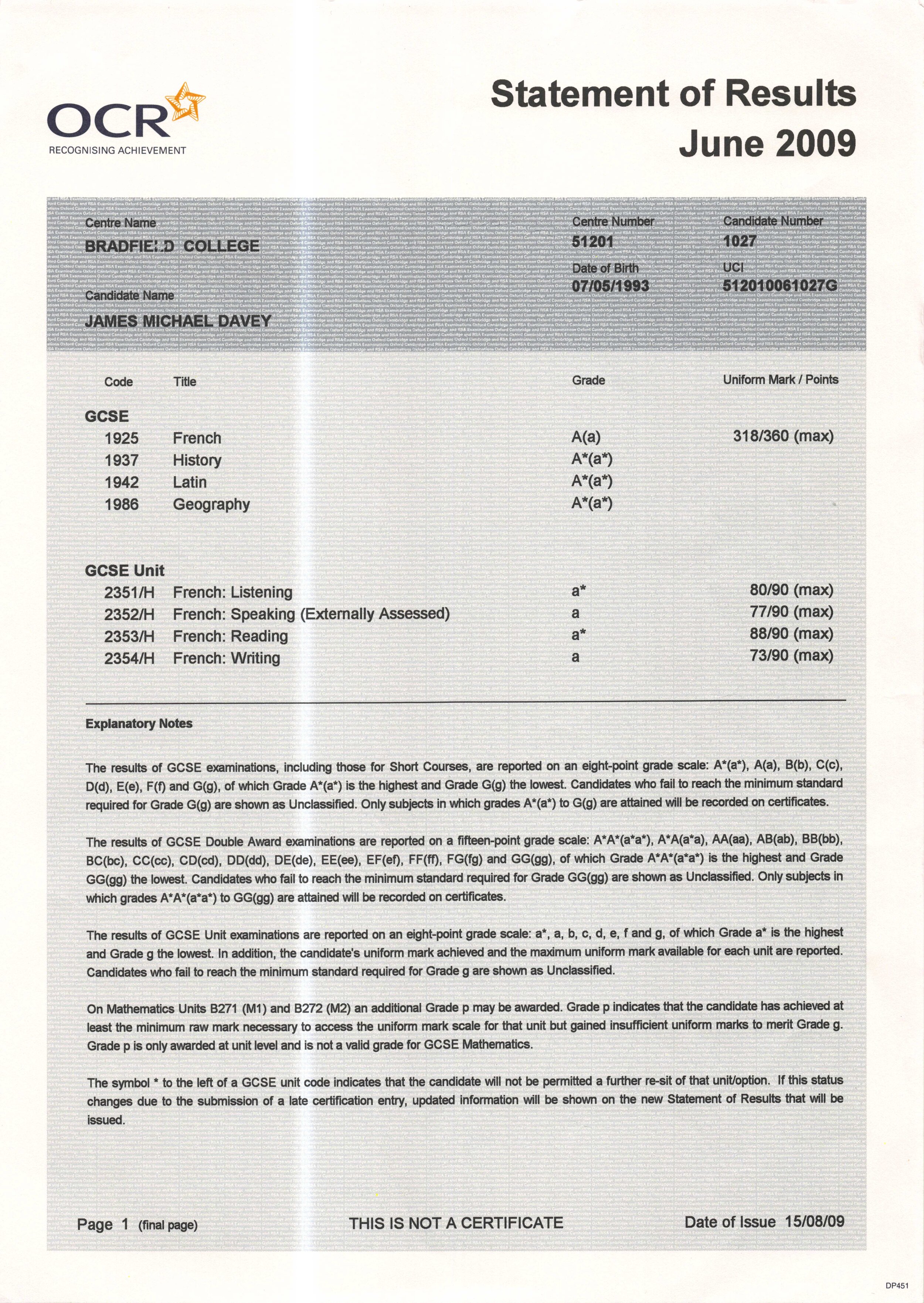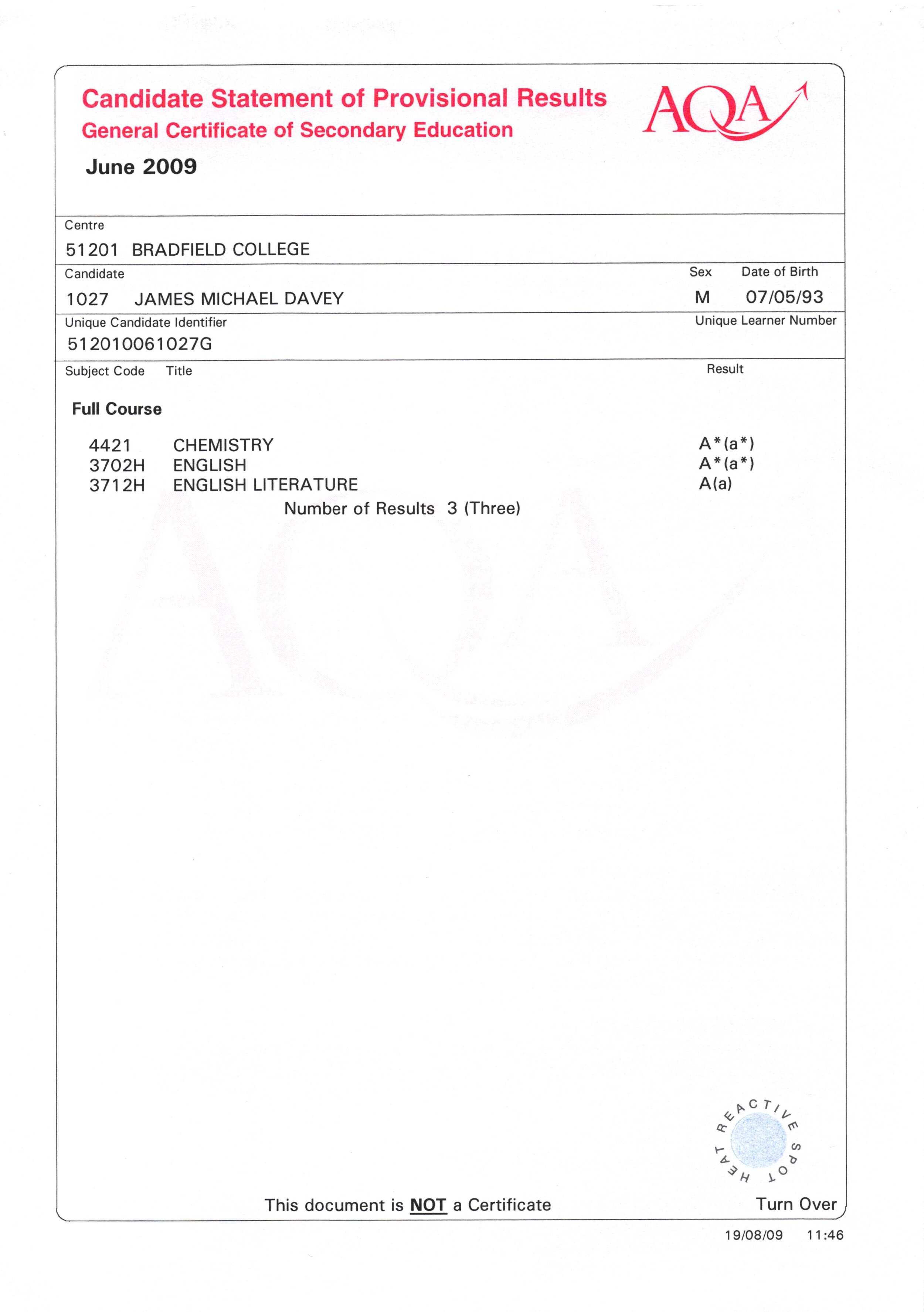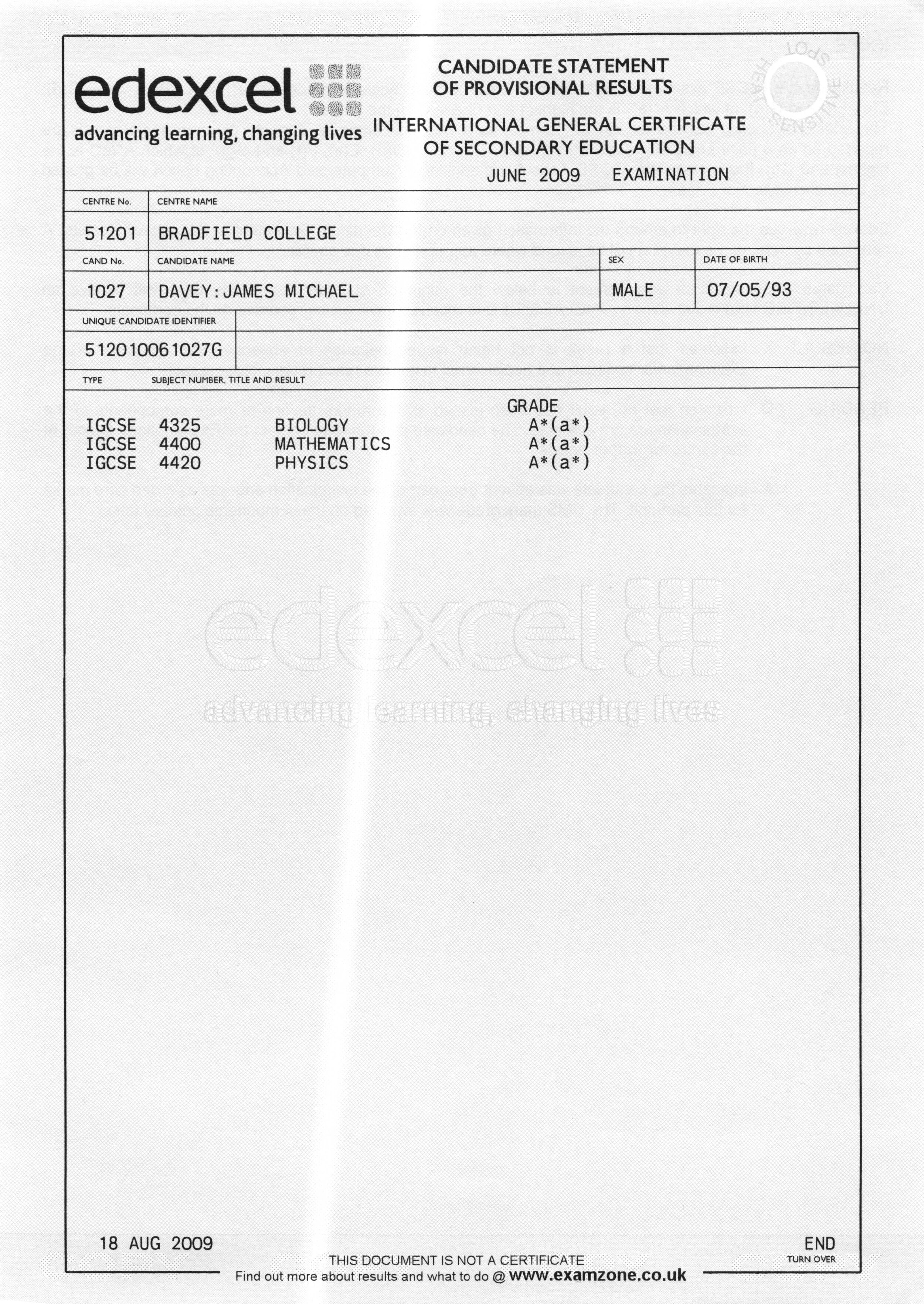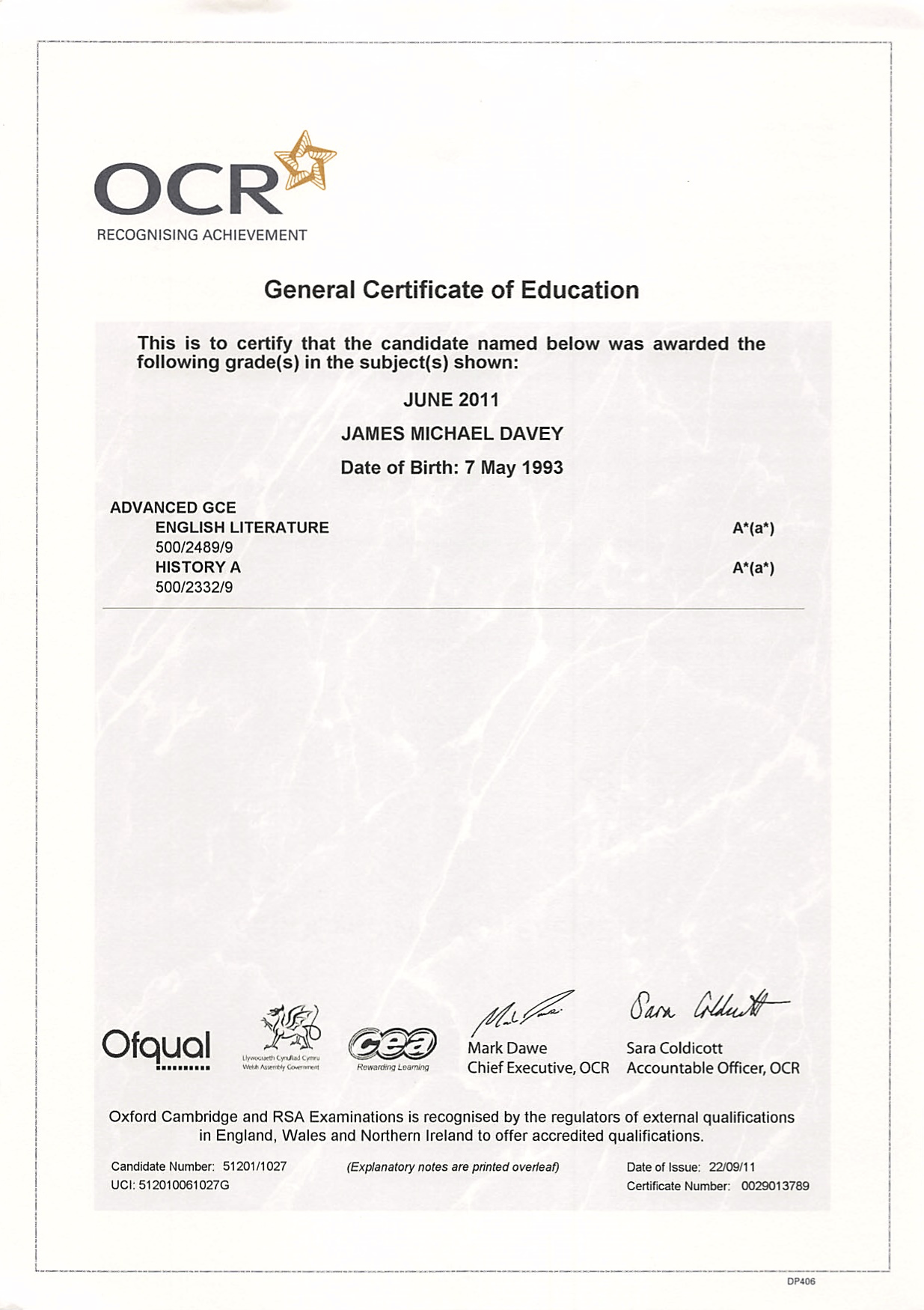A creative writing exam is always a daunting prospect for 11 Plus students. Writing creatively under pressure, with strict time constraints and an unfamiliar prompt, is a significant challenge. However, it doesn’t have to be. With the right guidance and plenty of practice, students can develop their creative writing skills, learning to showcase their creativity and originality whilst also hitting every key part of a mark scheme.
Creative writing is a key component of some 11 Plus exams, which are used to determine entry to some of the UK's most prestigious independent and grammar schools. A creative writing test is designed to evaluate students' writing skills, including their ability to structure a narrative, create vivid characters and settings, and use descriptive language effectively to convey their ideas.
In this blog post, we will explore how to effectively prepare your child for an 11+ creative writing exam. We’ll give you plenty of practical tips and strategies, as well explaining how we can improve your child’s writing skills to the best of their ability.
The Exam Coach delivers the best online learning experience for children studying to sit the 11+ in the UK. If you have a child about to take the 11 Plus, please read on to discover more about how we can work with you to ensure your child’s success.
Contents
What is Creative Writing?
Creative writing is the practice of using English to express an imaginative and original idea, story or concept. It involves using words to create narratives, descriptions, characters, and worlds based on a given prompt. Unlike academic or persuasive writing, which is usually focused on conveying information and facts, creative writing is more concerned with evoking emotions, entertaining the reader and showing a perfect grasp of written English.
Creative writing skills are tested by most independent schools and some grammars as part of their entry exams, including:
The Kent Test
CSSE
The Sutton Second Stage Exam
Tiffin/Tiffin Girls’ Stage Two Exams
Most independent schools’ exams
How is Creative Writing Tested in the 11 Plus Exams?
Creative writing tasks can take many forms in an 11 plus exam, but students must always follow a given prompt when writing. They may be asked to write about a given topic or given an extract/ image to help spark their creativity. The writing task is always timed and students are usually given between 20–40 minutes to plan, write and check their work. Writing must be completed by hand, unless your child has special permission to use a computer.
Creative writing questions usually fall into three categories:
1. Story writing
Asks you to write a story or description of a given topic or image prompt.
You must answer the exact question you are given, using deep description.
E.G - Describe going on a safari.
2. Continuing a story
Asks you to continue writing from the end of a given extract.
You must continue exactly from the end of the extract, while keeping the style and key elements consistent.
E.G - Continue the given extract.
3. Diary entries
Asks you to write a diary entry on a given topic.
You must begin with “Dear diary,” and the date, describing a day relating to the given prompt.
E.G - Write a diary entry describing your birthday.
When answering the question, students must ensure they are working towards hitting all areas of the mark scheme. This mark scheme differs slightly depending on the school and question given, however, mostly they look for the same skills.
In assessing a student's creative writing skills, examiners typically look for the following:
1. Purpose and organisation
Fully answering the given question.
Using paragraphs to for a beginning, middle, end.
Including full descriptions throughout.
2. Language
Using varied and interesting vocabulary.
Using and sticking to the correct tenses.
Including character speech.
Using various writer’s tricks correctly (such as metaphors, alliteration and similes).
3. Style
Varying sentence length and styles.
Starting sentences with different words.
Using the correct format (E.G - diary entry).
4. Spelling, punctuation and grammar
Using a range of simple and complex punctuation (E.G - commas, exclamation marks and semicolons).
Using accurate spelling throughout.
Writing in properly formed sentences with few mistakes.
Students must write and work aiming to hit all elements of this mark scheme in order to score highly in a creative writing task.
Check out an example creative writing mark scheme below.
What Does Your Child Need to Succeed in 11 Plus Creative Writing?
To succeed at an 11 Plus creative writing task, students need a range of skills, including:
1. Imagination and creativity
One of the most important skills for creative writing is the ability to come up with an original idea which fully answers the given question and uses imaginative language. Your child must be able to read any given prompt and be able to come up with at least a few ideas that they could write about in an exam situation.
In the clip below, tutor Katherine discusses using creativity and your imagination when creating characters for a creative writing piece.
2. Vocabulary knowledge
A strong, wide and complex vocabulary is something examiners will be looking for. Your child must be able to demonstrate this in their writing, using tricky words and phrases in context. The more words your child knows and understands, the more likely they’ll be able to use them in their writing task.
3. Spelling, punctuation and grammar
Good writing requires a strong grasp of English spelling, punctuation and grammar (SPAG). Make sure your child understands the basic rules of grammar and punctuation, so that they can avoid making small mistakes in their writing. Encourage them to practice their writing skills by creating stories or writing letters as often as possible. Practice makes perfect.
Watch the video below for help on using semicolons from top tutor James!
4. Understanding and use of writers’ tricks
Examiners are looking for students to be able to recognise, understand and use literary techniques such as metaphors, similes, personification, and the five senses. These help deepen a description and should be showcased in a writing exam.
5. Adaptability
Students need to be able to approach an unseen question with confidence and a plan. They might be asked to write in a specific format or about a specific topic. Your child should be able to adapt their writing style and tone to fit the task at hand.
6. Planning and organisation
Students must effectively plan and organise their writing. At The Exam Coach, we encourage all students to quickly plan out their writing before they start, using notes or an outline to help structure their ideas. This can then be referred back to as they write.
7. Editing and revision
Similarly, good writing requires some editing and revising. Students must practice rereading and checking their own work, making revisions as needed to improve the overall quality of their writing (specifically with their spelling, punctuation and grammar).
8. Time management
One of the biggest challenges of the 11 Plus. Students are usually given between 20–40 minutes to plan, writing and check their answer. Therefore, it's essential for students to develop effective strategies to maximize their speed and efficiency.
By developing all of these skills, students can approach an 11+ creative writing question with confidence and increase their chances of success. Not sure how to improve your child’s skills in these areas? Read on…
How Can You Prepare Your Child?
Preparing for an 11+ creative writing exam can be a challenge for both you and your child. Parents can play a crucial role in supporting their child's education and helping them develop the skills they need to succeed, but sometimes it’s difficult to know where to begin…
Firstly, parents should encourage their child to use as many practice papers as they can to develop their skills. Practice papers can help students familiarize themselves with the format and style of a writing exam, as well as giving them an idea of what to expect. Practice papers give students experience working through exam style questions, meaning they won’t be surprised by anything on exam day.
Working through practice papers with your child can also be beneficial, as this allows you to identify areas of weakness and provide targeted feedback and guidance.
Parents can also help their child develop their creative writing skills by encouraging them to read. Reading widely and regularly exposes children to a variety of texts and genres and helps them build their creativity, vocabulary, and critical thinking skills. Parents can support their child's reading by providing them with a range of age-appropriate books, magazines, and newspapers, and encouraging them to read for pleasure and information. Make sure your child is reading daily in order to develop these skills.
Finally, parents can help their child expand their vocabulary by exposing them to a range of words in daily life. Try to encourage your child to be inquisitive (meaning having or showing an interest in learning things) and to always ask you or other adults if they ever use words your child does not understand. Hearing and learning new words will allow your child to eventually use them in their speech and writing.
Playing word games, using flashcards, and creative a vocabulary list/book can all be effective strategies for developing a child’s vocabulary. By creating a language-rich environment at home, parents can help their child develop the linguistic skills they need to succeed in an 11+ creative writing exam and beyond.
How Can We Prepare Your Child?
At The Exam Coach, we are 11 Plus exam experts, focusing on our specialisms:
11+ Creative Writing
11+ Persuasive Writing
11+ Comprehension
11+ Verbal Reasoning
To help students master these subjects, we offer the following services:
👨💻 5-Day courses 👩💻
Our full 5-day 11+ courses focus on teaching the key concepts and exam techniques for each of the 11+ disciplines we specialise in:
11+ Creative Writing
11+ Persuasive Writing
11+ Comprehension
11+ Verbal Reasoning
These courses help students develop the critical foundation needed for each of their 11 Plus exams — for example, understanding effective exam technique and the mark scheme. We provide clear explanations, give students easy-to-remember exam techniques and show worked examples. Our courses are designed to ensure that students master the skills they need in order to achieve their full potential in their 11 Plus.
Types of courses currently offered:
📝 Creative Writing
Suitable for the following exam boards: Kent Test, Sutton Stage 2 and independent/school written exams.
📝 Persuasive Writing
Suitable for the following exam boards: Kent Test, Sutton Stage 2 and independent/school written exams.
🤔 Verbal Reasoning
Suitable for the following exam boards: GL Assessment, CEM, CAT4, ISEB Common Pre-Test, Kent Test and Sutton SET.
📚 English Comprehension (Multiple Choice Style)
Suitable for the following exam boards: GL Assessment, CEM, ISEB Common Pre-Test, Kent Test and Sutton SET.
📚 English Comprehension (Written Answer Style)
Suitable for the following exam boards: Independent or school written exams.
Details:
5x 90-minutes of expert 11+ tuition by an experienced tutor/teacher over 5 days.
Interactive video and microphone access via Zoom.
Detailed class notes, worksheets and other resources for each session.
Key concept explanations and demonstrations.
Exam style question practice and walkthrough.
Competitive class tests.
Self-assessed and marked testing.
Full walkthroughs of answers.
Fun examples and stories.
Detailed and effective exam preparation in chosen 11+ area.
Exam and memory technique explanations.
Model answer explanations (where applicable).
Homework set after each session.
Detailed essay/homework marking and feedback after each session.
When they take place:
Weekends during school term time.
School holidays.
How to register:
📚 Weekly Workshops 📚
In our 11 Plus weekly workshops, your tutor will share some background information about themselves and our workshops with new students. This is followed by 40 minutes of teaching time. Weekly workshops usually run twice a week, usually on weekday evenings. The dates and times of these workshops change each week to ensure everyone can benefit from them.
The content within each workshop varies between 11+ creative writing, comprehension, verbal reasoning or English vocabulary. These classes are a great way to experience our tuition and let your child learn something new before booking one of our courses. Weekly tuition allows us to regularly top up your child’s knowledge during the year prior to their exams.
Each weekly tuition workshop is standalone, meaning your child does not need to have attended any previous sessions to join one. Class notes are sent out 24 hours after each workshop to help students recap what they have learnt.
Types of taster workshop:
Tricky Vocabulary Workout
Verbal Reasoning Synonyms/Antonyms
Comprehension
Creative Writing
Details:
45 minutes.
Introduction to The Exam Coach.
Competitive class testing.
Self-assessed testing.
Walkthrough answers.
Class notes.
When they take place:
At least once a week (date and time announced on Mondays via our email newsletter).
How to register:
📝 11 Plus Practice Papers 📝
We have plenty of practice papers available for various 11+ exam boards to help your child prepare. We provide papers for CEM, GL, ISEB, Kent, Sutton, and Independent School exams.
We send out one free English or maths paper every Friday via our email newsletter. These papers are free in order to help support your child’s 11 Plus preparation consistently throughout the year.
🎙️ Our Vocabulary Podcast 🎙️
Our 11+ Daily Vocab Show podcast is available on our website and all major streaming platforms. In each episode, we teach children a new word, expanding their vocabulary one word at a time.
Every podcast episode focuses on one tricky piece of vocabulary, ensuring that your child’s vocabulary is built up slowly, fully understanding each word.
All podcast episodes can be found using the links below:
Listen to the first episode, featuring the word ‘siege’, by clicking the image below. 🏰
Creative Writing Courses - What We Cover?
In our creative writing course, we teach students the creative writing exam techniques and thought processes our students have used successfully in the past. Students then practise these skills on exam style questions, looking at model answers and working through prompts. By the end of the course, students will be completing creative writing questions confidently, efficiently and accurately.
In the five sessions, we focus on:
Creative writing basics (part 1)
Creative writing basics (part 2)
Types of creative writing
Features of creative writing
Mark schemes and our recommended creative writing system
Tutors
All our courses are delivered by The Exam Coach’s team of tutors. All of our tutors have:
Passed competitive exams such as the 11 Plus.
Attended a Russell Group University within the last 5-10 years.
Received two weeks of training to deliver expertly within our online workshop format.
Taught our 11 Plus exam preparation curriculum on a regular basis within the last two years.
KEY CREATIVE WRITING SKILLS COVERED
1. Understanding and answering the question. Students will be taught how to understand and answer different types of creative writing question, ensuring they give the examiner exactly what will be rewarded highly in the exam. Mark schemes and model answers will be studied.
Check out the clip below! Tutor Katherine breaks a paragraph from a model answer for the question ‘Write a diary entry describing a day aboard a pirate ship’.
2. Planning and timing. Leaving enough time for planning, writing and checking is key for a creative writing task but difficult to master for the 11+! We will teach students how to effectively do this.
3. The basics of creative writing. Students will take an in depth look at the basics of storytelling and description, including character, setting, plot, beginnings and endings. Students will be given a variety of prompts, allowing them to use their new knowledge and skills to craft their own sentences and passages of writing.
4. Complex creative writing. Moving on from the basics, students will then be taught how to master the more complex parts of storytelling and description, including narration, tenses, sentence variation and complex punctuation.
5. Types of creative writing. We will explain how to identify and answer the different types of creative writing question that could come up in the 11+ exam. We will look at model answers for story writing, continuous writing, diary entries and image-based writing.
Take a look at the clip below where tutor James talk through the three main types of creative writing question.
6. Vocabulary expansion. 11+ creative writing tests a student’s knowledge of both creative writing and complex English vocabulary. As part of this course, we will focus on expanding your child’s vocabulary, to ensure they can showcase their knowledge of the English language in their creative writing exam. We will work through some complex synonyms and antonyms for more common words, as well as identifying the meanings of tricky words in our model answers.
7. Writer’s tools and literary devices. Students will be taught the key literary devices (or writer’s tricks) they will need for their creative writing exam. They will be taught how and when to use devices such as metaphors, alliteration, similes, personification and onomatopoeia, as well as how to come up with their own examples of these in an exam situation. Students will be provided with easy ways to remember these techniques under exam conditions.
In the clip below, tutor James explains what a metaphor is and how students can use them in their exam.
COURSE RESOURCES
Worksheets, model answers, homework and class notes are sent out before the start of the course. These can either be printed or viewed digitally. For all workshops, students receive:
A worksheet to complete in the workshop.
One or two new model answers per workshop.
Class notes to help consolidate learning and give students an opportunity to recap some of what was covered in the workshop.
A homework task.
HOMEWORK AND MARKING
A 25-minute writing task is set for all students after each workshop. They complete this task after the workshop has finished and then send it to us via email (teamkeen@theexamcoach.tv). Each piece of homework is then individually marked and reviewed by one of our tutors (usually within 2 working days). For each homework submission, parents receive:
An annotated copy of the homework, marking highlights and areas for improvement.
A 5-minute-long voice note from the tutor to your child, celebrating successes, correcting any mistakes and highlighting areas for improvement. Importantly, our tutors will show your child how they could have improved, as opposed to just where their writing was weaker.
Got any questions about our courses? Fill in the form below and we’ll be in touch!
Bonus Resources
Thanks for reading this far! Click the links below to access some of our free 11+ resources. We hope you find them useful.



